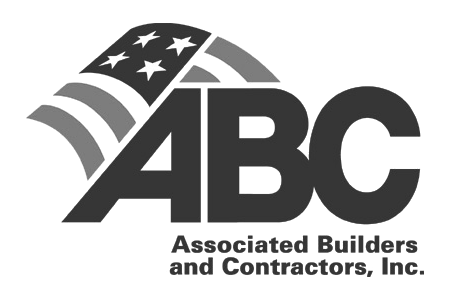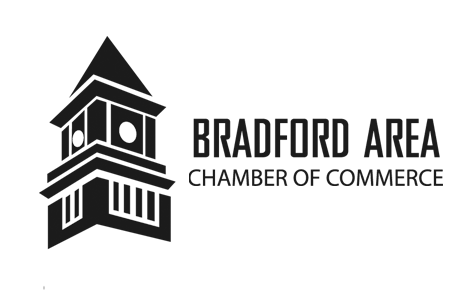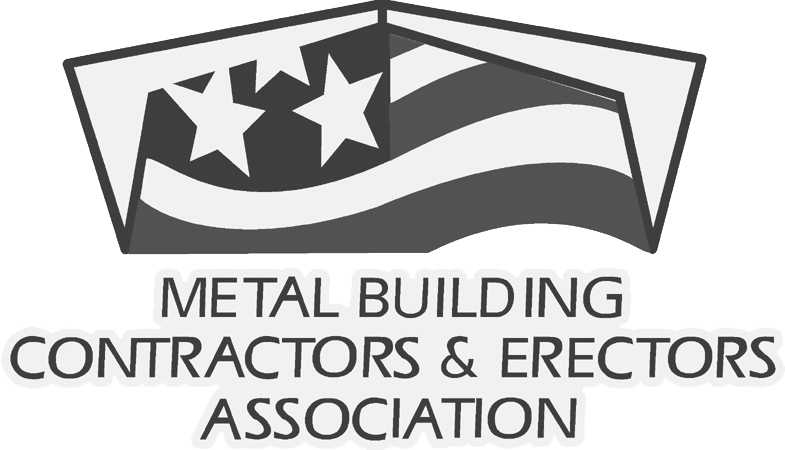Reprinted with permission from the Erie Times-News and GoErie.com.
By Jim Martin
Port Erie Plastics and Penn State Behrend team up to manufacture much needed masks to help battle COVID-19 pandemic.
“It is something we can do and there are people who need it right now,” said Sean Connole, Port Erie Plastics general manager.
For most of its history, Erie has been a place that not only built things, but did so at the dazzling scale of American manufacturing.
Thousands of locomotives have taken shape on the assembly line at the former GE Transportation, countless acres of paper rolled off Erie paper mills and millions of plastic parts have dropped from local presses.
Now, three local companies are partnering with researchers at Penn State Behrend and Case Western Reserve University to address the shortage of medical supplies for the battle against COVID-19.
Beginning April 9, the local companies expect to manufacture 5,000 plastic face shields a day.
The seed of the idea began with conversations between Jason Williams, an assistant teaching professor of engineering at Penn State Behrend, and a colleague at Penn State’s University Park campus.
Williams had been looking at open-source or public designs for protective face shields.
His colleague wondered if any of those designs could be adapted for high-speed injection molding.
A contact at Port Erie Plastics linked Williams to Ian Charnas, director of innovation and technology at the Sears think[box] at Case Western. With help from Bill Rabbitt, an engineer at Nottingham Spirk, a Cleveland-based product design company, they modified a design for a plastic face shield with a polypropylene frame and a rubber strap.
Their design creates a shield that is thinner and can be built more quickly.
Working together, Williams, Charnas and Rabbitt developed a supply chain that includes three Erie companies: Port Erie Plastics, which is building the mold and molding the frames; Munot Plastics, which will produce the shields; and Bliley Technologies, which will manage logistics and distribution.
Williams said Port Erie Plastics, a Harborcreek Township company that makes a variety of plastics parts for plumbing, construction, cookware and other uses, reached out to him because it was looking to put unused capacity to work.
And, more importantly, President Sean Connole didn’t want to sit on the sidelines when doctors and nurses were fighting COVID-19 without the equipment they needed. “This is something that resonated with us,” he said. “We are in a place where we could help. We could step up and play a critical role.”
But it wasn’t just business as usual. Developing a new mold and the tooling to produce new parts typically takes eight to 10 weeks, said Jeff Horneman, who oversees the company’s tool room. “We did it in less than two weeks,” he said.
Connole said the company, which employs about 400 people, had already been busy, building a variety of products, including lids for a hand sanitizer company. Face-shield production would quickly become a top priority. Horneman said the mold designer worked nights and weekends to meet his deadline.
The project has received a $6,700 grant from the Erie County Gaming Revenue Authority.
For his part, Connole said he has no intention of making a profit from the sale of the face shields. In fact, none of the local companies are expected to profit.
“I think it’s our patriotic duty,” Connole said. “It is something we can do and there are people who need it right now.”
In addition to work done by two Ohio companies, Munot Plastics, a plastics packaging company on West 17th Street, will make the plastic shields.
That left one large task undone, Williams said.
“I said ‘We can make these. How do we get them to the customers?’” Williams asked.
Williams said Behrend Chancellor Ralph Ford, who is on the board of Bliley Technologies Inc. in Erie, referred Williams to go to the company for help.
“Bliley will do the fulfillment, take the orders and pay the bills,” Williams said.
Williams, who has been teaching his classes at Behrend online, said there were lessons to be learned for budding engineers.
Some were technical and logistical as students watched how designers and companies worked together to settle on a design and create a supply chain in days.
“I also think it shows them when there is a crisis that there is a good model for how they should react,” Williams said. “It’s our job to teach them the book content. It’s also to teach them to be a good member of their community.”
Contact Jim Martin at jmartin@timesnews.com. Follow him on Twitter at ETNMartin.








